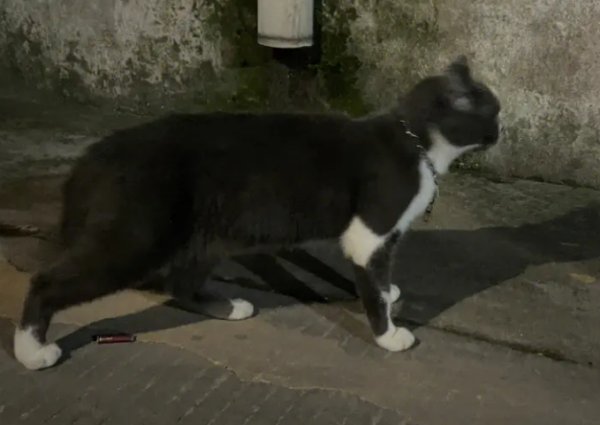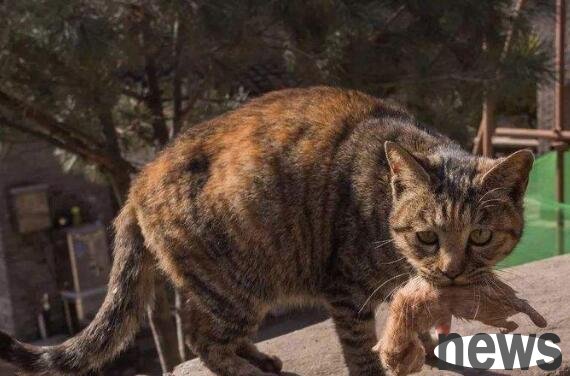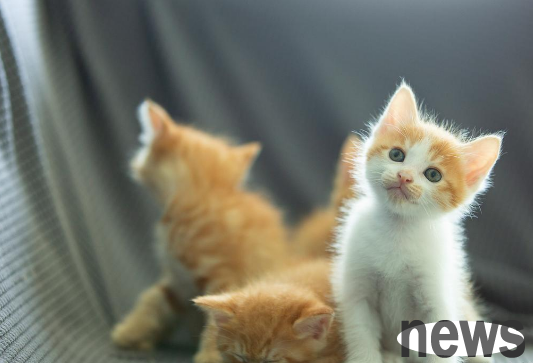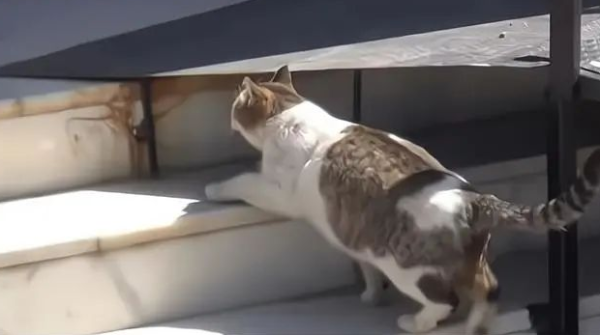What are the deficiency medicines suitable for cats?
The lungs and spleen are the main organs that produce qi in the cat's body. The spleen is the source of acquired and biochemical source. If the cat's spleen is weak, you can see that the cat is listless, drowsy, and unwilling to move too much. In terms of breathing, we can also see that cats have shortness of breath and less breathing. Once you exercise, you will get asthma and spontaneous sweating. When the cat has these symptoms, you can use Qi-tonifying medicine.
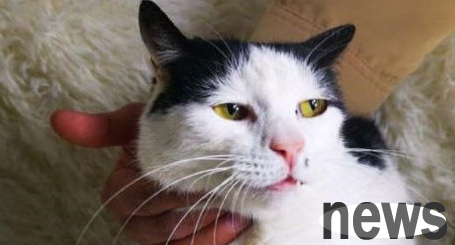
Ginseng is a perennial herb. It likes a cool and humid climate. It mostly grows in coniferous and broad mixed forests or mixed woods with a temperature difference of 500 to 1,100 meters above sea level with a small temperature difference between day and night. Because the roots are enlarged, the shape is like a spindle, and often have bifurcations, and the whole look is quite similar to the head, hands, feet and limbs of a person, so it is called ginseng. In ancient times, the elegant ginseng was called Polygonatum, Goblin, and Spiritual Grass. Ginseng is known as the "King of All Herbs", and is one of the well-known "Three Treasures of Northeast China". It is a precious medicinal material well-known both at home and abroad, both in the ages and in the young and old.
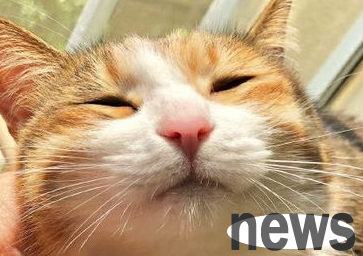
Ginseng is sweet and slightly bitter in taste, slightly warm in nature, and it belongs to the spleen, lungs, heart and kidney meridians. The qi is strong and the body is moist, and it rises more than it falls. It has the effects of replenishing qi and solidifying detachment, strengthening the spleen and lungs, calming the heart and improving intelligence, nourishing blood and producing fluid.
Ginseng is used to treat various symptoms of deficiency, such as cold limbs and weak pulse after cats' deficit, weak stomach digestive function caused by spleen deficiency, diarrhea, or cough and asthma caused by lung qi deficiency, etc. Ginseng can also produce saliva and is used to treat cats' dry mouth and spontaneous sweating after major illness. It can be used together with Ophiopogon japonicus and Schisandra chinensis. At the same time, ginseng also has the effect of calming the mind, which can be combined with angelica and jujube kernel.
Atractylodes macrocephala is a perennial herb, 30-80 cm tall. The rhizomes are thick and slightly fist-shaped. The stem is upright, the upper part is branches, the base is tidy, and has no obvious longitudinal grooves. Native to mountainous hilly areas, wild species have almost disappeared from their origin. It is widely cultivated, and is available in Anhui, Jiangsu, Zhejiang, Fujian, Jiangxi, Hunan, Hubei, Sichuan, Guizhou and other places, while Zhejiang has the largest number of cultivation.
Pharmacology, Atractylodes macrocephala has a diuretic effect, can inhibit the reabsorption of renal tubules, and also reduce blood sugar content. Atractylodes macrocephala is an important medicine for nourishing the spleen and replenishing qi. It is very effective when cats have spleen deficiency, diarrhea, loss of appetite, listlessness, and fatigue. It is often used together with Codonopsis and Poria cocos. When the cat's internal moisture is too heavy and edema occurs, Atractylodes macrocephala can also be used, which has the effect of diuretic and dehydration. It is worth noting that Atractylodesia is also a kind of fetal aid. When a female cat is uneasy in fetal movement, it can be used to treat fetal movement.



